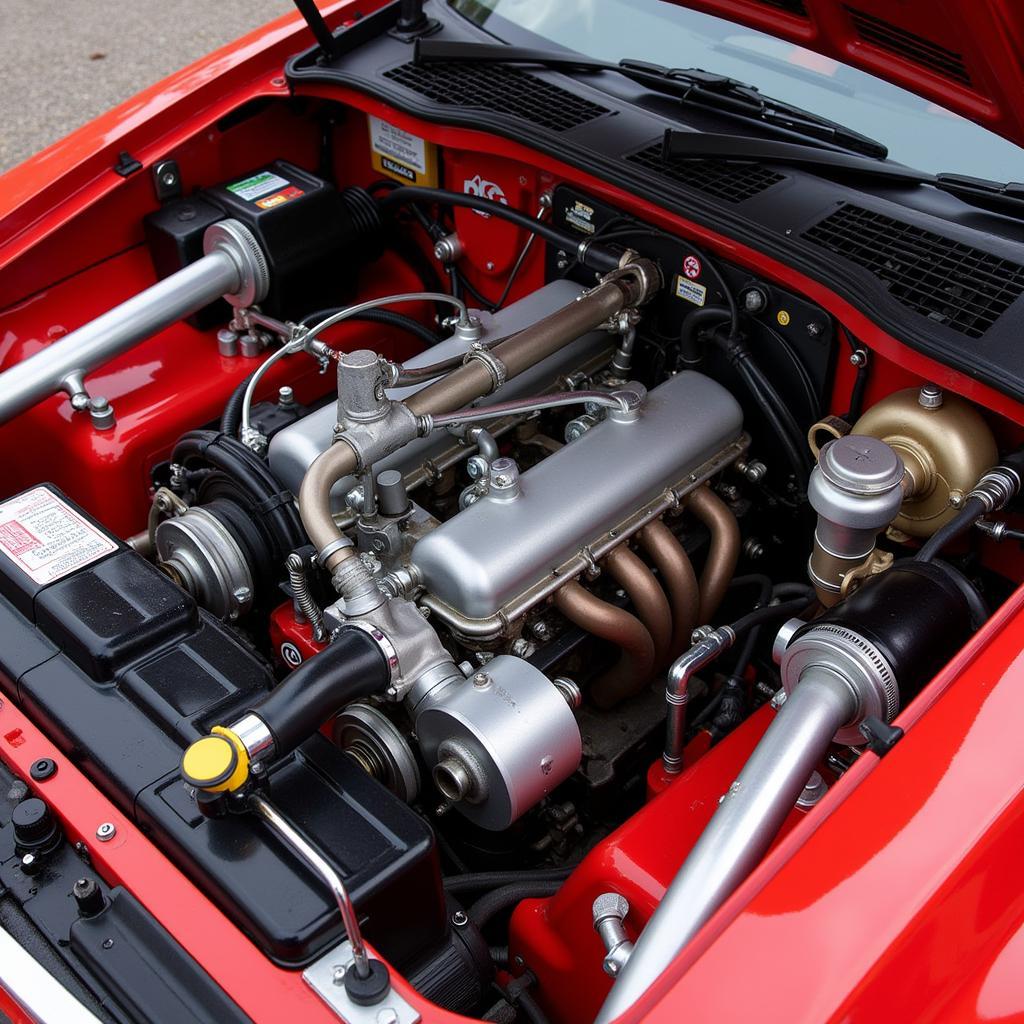Who Is Responsible for Servicing a Leased Car?
Leasing a car can seem like a complex maze of paperwork and stipulations, and understanding who bears the responsibility for servicing can be confusing. Let’s clear the air and break down who does what when it comes to keeping your leased vehicle running smoothly.
Generally, the person Who Is Responsible For Servicing A Leased Car is you, the lessee. This responsibility is usually stipulated in your lease agreement. However, there are some exceptions and nuances to this rule, so it’s crucial to understand what your lease requires.
Understanding Your Lease Agreement
The lease agreement is the holy grail of information regarding your leased vehicle. It outlines all the terms and conditions, including those related to servicing. Before signing, carefully scrutinize the section on maintenance responsibilities.
Here are some common clauses you’ll likely find:
- Routine Maintenance: Most lease agreements will hold you accountable for routine maintenance, which includes oil changes, tire rotations, filter replacements, and other minor services. These are essential for keeping the car in optimal condition and preventing premature wear and tear.
- Wear and Tear: Normal wear and tear are expected during a lease period. However, the agreement will define what constitutes “excessive” wear and tear, for which you might be financially liable upon returning the vehicle. This could include things like dents, scratches beyond minor ones, or damaged upholstery.
- Mechanical Issues: While you’re responsible for routine maintenance, the lease agreement may stipulate that the lessor (the leasing company) covers major mechanical repairs. This could involve issues with the engine, transmission, or other vital components. However, proving that the issue wasn’t caused by lack of maintenance on your part is crucial.
Manufacturer Warranty: An Added Layer of Protection
Besides your lease agreement, your leased vehicle will likely still be under the manufacturer’s warranty. This warranty provides coverage for certain repairs, often related to manufacturing defects, for a specific period or mileage.
The manufacturer’s warranty can be a lifesaver in case of unexpected breakdowns, but understanding its limitations is important. For instance, it might not cover issues arising from improper maintenance or accidents. Always refer to your warranty booklet or contact the dealership for clarification.
FAQs about Servicing a Leased Car
- Do I have to service my leased car at a specific dealership? While some lease agreements might require you to service your car at a dealership affiliated with the leasing company, others might be more flexible.
- Can I perform the service myself? If you’re mechanically inclined, you might be tempted to perform routine maintenance yourself. However, check your lease agreement, as some may require services to be done by certified mechanics to maintain the warranty.
- What happens if I don’t service my leased car? Failing to adhere to the maintenance schedule outlined in your lease agreement can lead to penalties. This could range from additional charges at the end of your lease to potential negation of warranty coverage for certain repairs.
Maintaining Your Investment
Though you don’t own the leased vehicle, staying on top of its maintenance is essential. Regular servicing not only ensures a smoother driving experience but also protects you from potential costs and disputes when you return the car.
If you have further questions or need expert advice on car servicing, don’t hesitate to reach out to us. You can contact our team 24/7 via WhatsApp at +1(641)206-8880 or email us at [email protected]. Our team of experts is always here to help!

